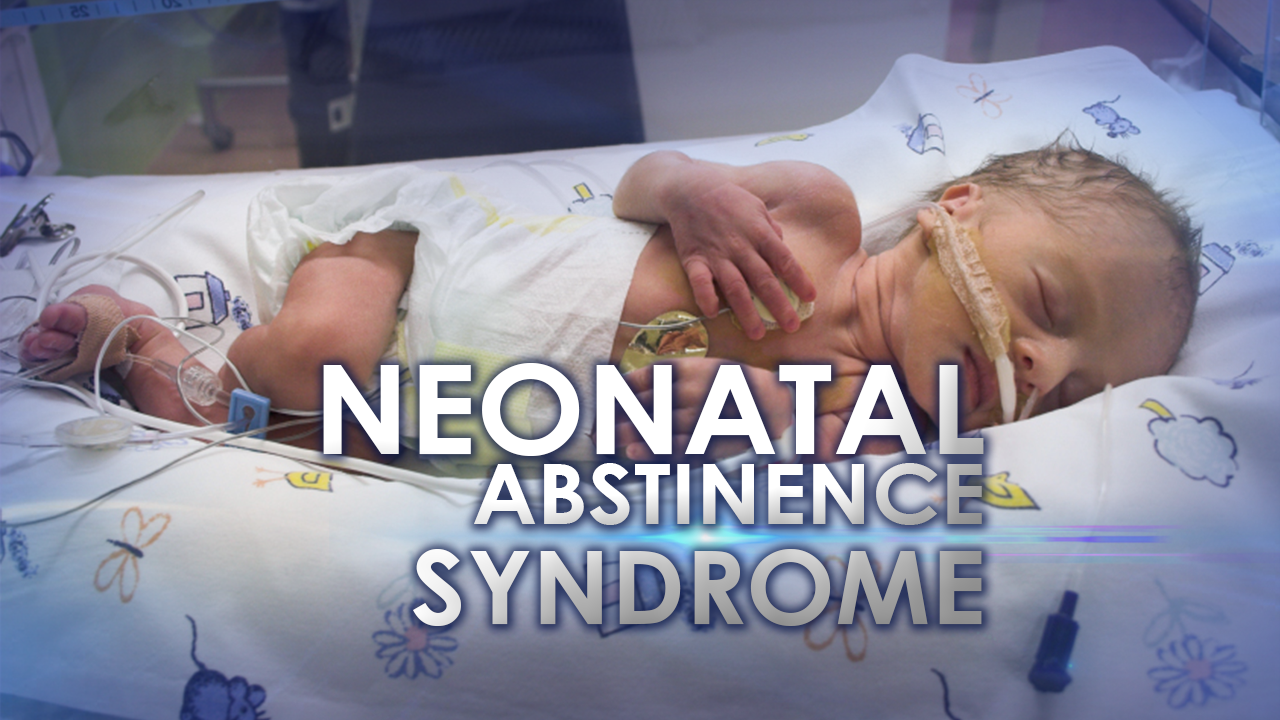Epidemic numbers: Opioid addicted babies struggling in the U.P.

MARQUETTE — According to the National Institute on Drug Abuse, every 25 minutes a baby is born suffering from Opioid withdrawal. This problem is seen here locally in the U.P.
Babies who are exposed to addictive opiate drugs while in the mother’s womb experience a group of problems when born- this is known as Neonatal Abstinence Syndrome. I went into the Neonatal Intensive Care unit to better understand the struggles that lie ahead for these families- the following babies shown in the video are not diagnosed.
In 2016 at U.P. Health Systems Marquette 74 babies were diagnosed with N.A.S. averaging around 30 percent. In the womb the babies were exposed to prescribed drugs such as anti anxiety pills or off the street drugs- such as opioids, marijuana, and herion. It is very common the drugs were also paired with tobacco use.
“All of those drugs babies were exposed to in small amounts while their mom is pregnant and a baby will withdrawal from those medications,” Neonatal Nurse Practitioner Kelly Kurin said. “They’re unable to breathe because neurologically they are disorganized because they don’t have that medication that has kept them calm, as it has kept mom calm whether it’s prescribed or you know if a mom has an addiction problem.”
N.A.S causes a plethora of problems for babies from increased irritability, termors, and stiffness. It disrupts their G.I. system making feeding intolerable for newborns-leading to weight loss, throwing up, and diarrhea- causing skin breakdown. Symptoms are typically shown within 24 to 48 hours. The next step is determining treatment through a finnigin scoring system.
The system uses numbers based off of observing neurological behaviors, if a baby scores higher than an eight the hospital begins treatment.
“Our first line of treatment that we use is called methadone, we administer that to babies based on their weight in kilograms, and it’s usually twice a day,” Kurin said. “What we try to do before we start any medication though is do some non pharmacological interventions.”
Locally some babies have needed up to six months to ween off the medications. If provided with an appropriate plan, on average it takes 17 days until a baby is discharged Before treatment through medication other interventions include swaddling the baby, small feeding of low lactose formula and breast feeding. Although breastfeeding is encouraged, caution is taken for mothers who were not prescribed medication during pregnancy.
“You know we try not to burden a mom who is trying to go through an addiction program, who is trying to get herself better, with medication that is potentially a synthetic Opioid that she could take too,” Kurin said. “So we have to find someone who is capable of giving that medication to the baby that doesn’t have a history of substance use, substance abuse, or treatment. Because that’s not fair to the family that is trying to get better and work the program.”
N.A.S leaves long term effects for children with a noticibly different tone, physical therapy, and adjusting to life outside the N.I.C.U appropriately. Children will need to attend lifelong on-going follow-up. According to the American Academy of Pediatrics lifelong affects can show signs of hyperactivity, attention disorders, and growth issues.
Studies also show higher rates of delinquency, criminal behavior, and substance abuse.
“We are not there to judge them, we are there to treat their baby, we are there to treat their baby appropriately and get them over the hump and get them through the signs and symptoms of withdrawal that they are experiencing,” Kurin said. “So we have to address all of the drugs or all of the substances the babies have been exposed to and our job is easier if we know exactly what substances the baby has been exposed to. So we know when to watch for those signs and symptoms of withdrawal because not every baby withdrawals within 24 hours.”
Kurin said for the most part babies get through withdrawl better and faster with parents that are involved.
